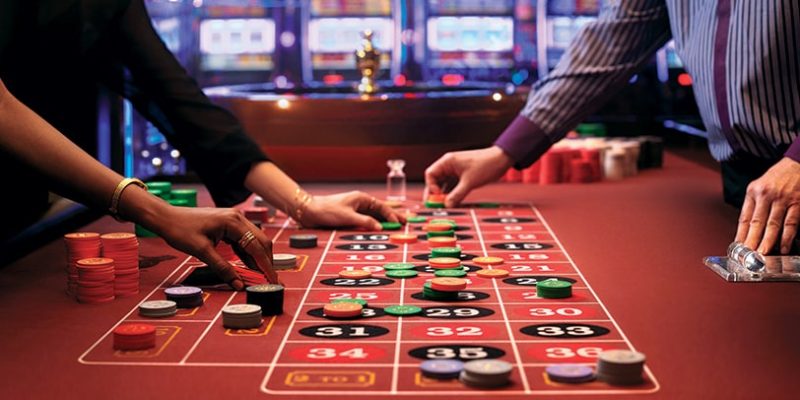Choosing the right strategy is only a part of successful gameplay. Being disciplined, observant, and adaptable at the Roulette Table can significantly influence your experience and results.
Bankroll Management and Roulette Table
Smart bankroll management is fundamental. Determine how much money you are willing to spend before starting a session and never chase losses beyond that limit. Divide your bankroll into smaller units, and allocate each bet accordingly to prolong your playtime and reduce risk Rikvip.
A good practice is to establish a win goal and a loss limit. Once you hit one of these, cash out to preserve your profits or minimize losses. Remember, roulette is a game of luck, and maintaining discipline is key to enjoying long-term play.
Recognizing Patterns and Managing Expectations
While roulette outcomes are random, human psychology often seeks patterns. Many players try to identify “hot” or “cold” numbers or streaks, but it is essential to remember that each spin is independent. Relying solely on past results to guide future bets can be misleading.
Instead, focus on probabilistic understanding, diversifying your bets, and maintaining an objective mindset. This approach helps prevent emotional decision-making, which can lead to unnecessary losses.
Leveraging Table Layout and Special Features
Several casinos offer unique features on their Roulette Table, such as optional side bets, racetrack layouts, or betting aides. Being familiar with these features can provide additional betting opportunities.
For instance, the racetrack betting area allows for easier placement of complex bets like neighbors or tiers, which are bets on adjacent numbers. Using these options strategically can diversify your risk and optimize chances.
Practice and Experience
One excellent way to improve your Roulette Table skills is through practice, either at online casinos or free demo versions. This allows you to familiarize yourself with the betting process, table layout, and psychological aspects before risking real money.
Furthermore, reflecting on your actions, adjusting your strategies, and learning from mistakes develop your intuition and decision-making skills at the table.
Conclusion
Mastering the Roulette Table involves understanding its layout, rules, and various betting options, alongside employing effective strategies suited to your risk tolerance. While luck remains a significant factor, disciplined bankroll management, strategic betting, and psychological awareness are crucial for maximizing enjoyment and potential returns. Remember, roulette is primarily a game of chance, so approach it with a balanced mindset, enjoy the excitement, and gamble responsibly. With a solid foundation and strategic mindset, you can turn your Roulette Table experience into a rewarding adventure.






